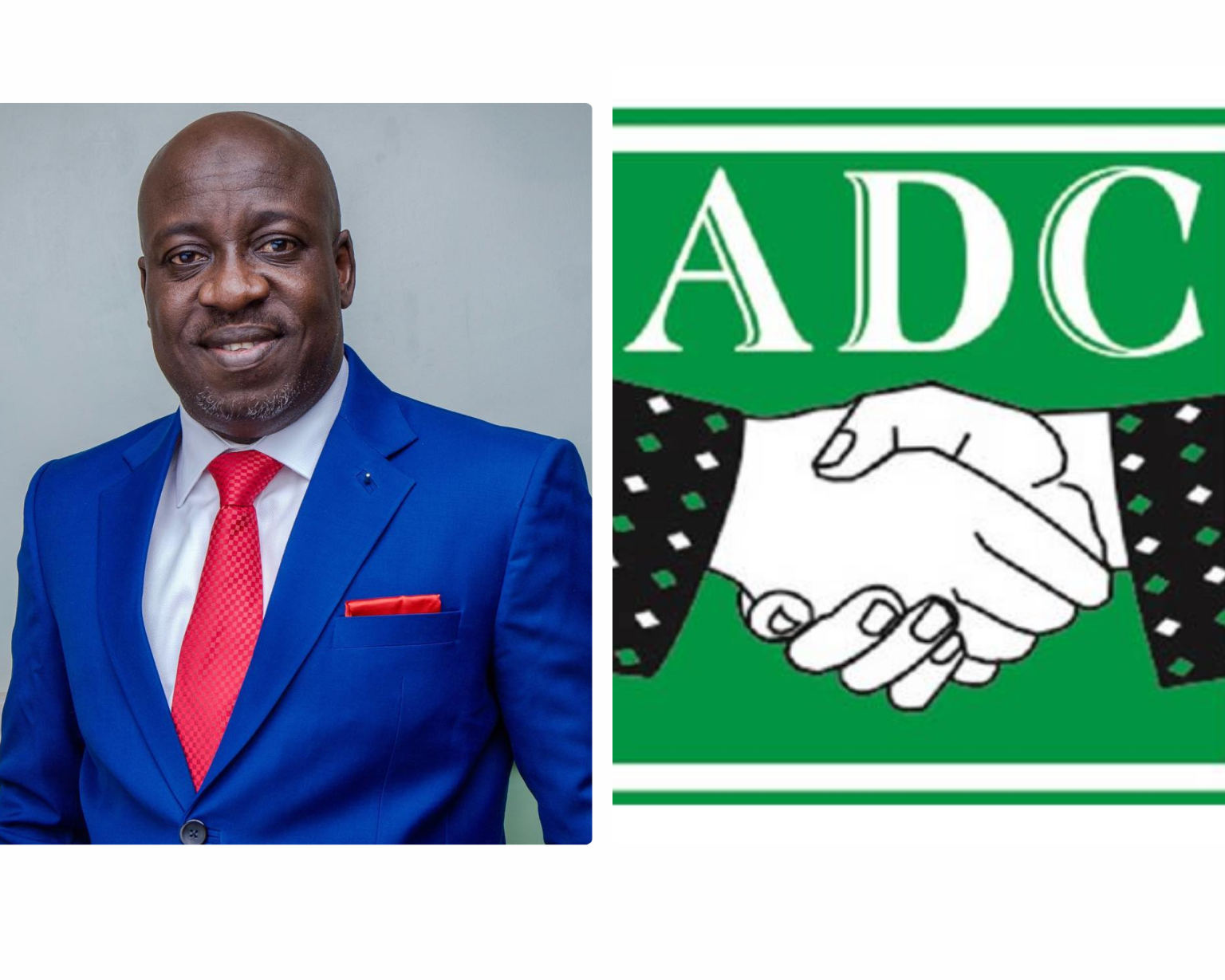By Ismaeel Aleem
The African Democratic Congress (ADC) has called on President Bola Ahmed Tinubu to acknowledge the World Bank’s damning October 2025 report, which reveals that 139 million Nigerians now live below the poverty line a stark rise from 81 million in 2019.
The opposition party asserts that this grim statistic exposes the abject failure of Tinubu’s economic policies, which have plunged millions into deeper hardship.
In a statement issued on Thursday, signed by National Publicity Secretary of the ADC, Mallam Bolaji Abdullahi, the party lambasted the All Progressives Congress (APC) government for its “misplaced priorities” and accused it of masking escalating poverty with misleading propaganda.
“The World Bank’s report tells a painful truth under the APC and President Tinubu’s leadership.
More Nigerians have slipped into poverty than ever before,” the statement declared.
It highlighted that poverty rates have surged from four in ten Nigerians in 2019 to six in ten today, contradicting Tinubu’s Independence Day claim that “the worst is over.”
The ADC painted a bleak picture of human suffering: families going hungry, children dropping out of school, and households selling possessions to afford basic necessities.
It noted that 30 million more Nigerians have fallen into extreme poverty under the APC, unable to afford sufficient food despite spending their entire earnings.
“Food prices have skyrocketed a bag of rice is now five times costlier than four years ago,” Abdullahi stated, adding that social safety nets have crumbled, with coverage plummeting from 20 per cent in 2019 to a mere six per cent in 2025.
The party accused the government of manipulating Nigeria’s poverty line to understate the crisis, a tactic it claims obscures rather than alleviates suffering.
“The government may boast of record revenues and stability, but Nigerians are getting poorer every day,” the ADC asserted, urging Tinubu to confront the World Bank’s findings rather than spinning a false narrative of progress.
Calling for urgent action, the ADC demanded a shift from “cosmetic reform” to “genuine leadership” prioritising people over statistics.
It advocated for inclusive growth through deliberate strategies focused on food security, job creation, and robust social protection systems.
“Mistaking revenue collection for progress must stop,” Abdullahi stressed, warning that failure to address the crisis risks further deterioration.



